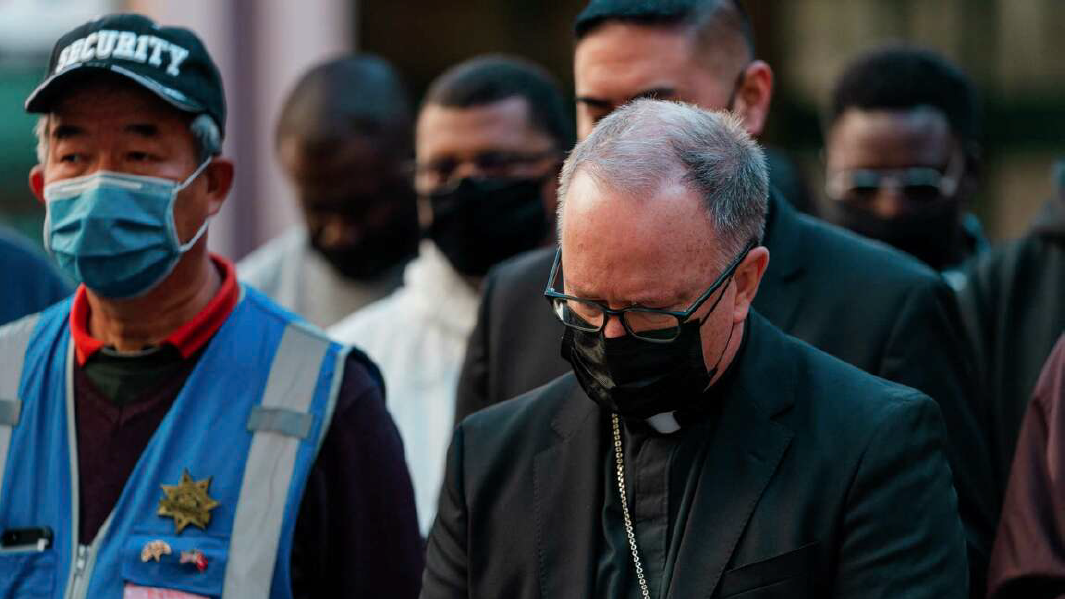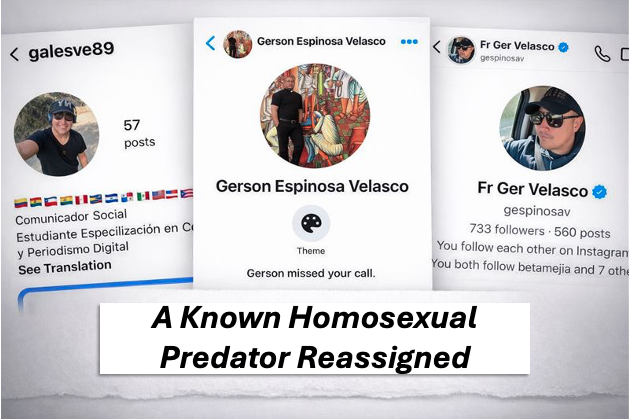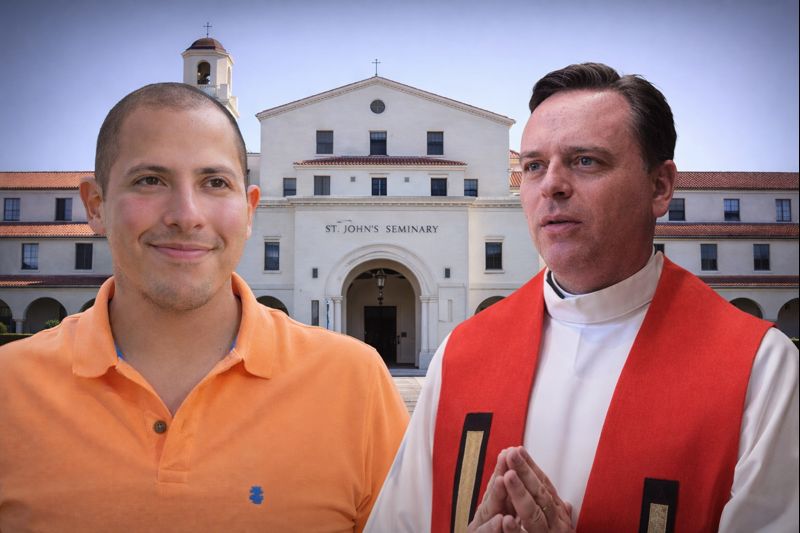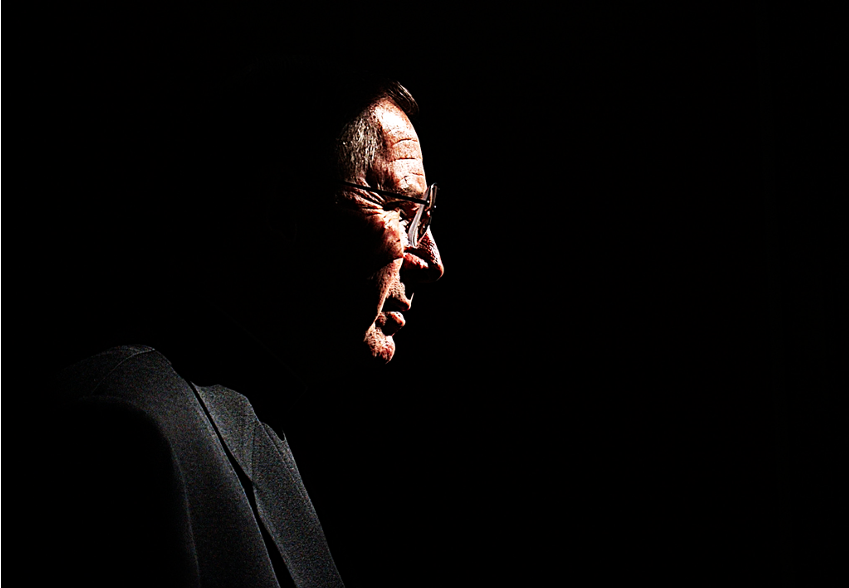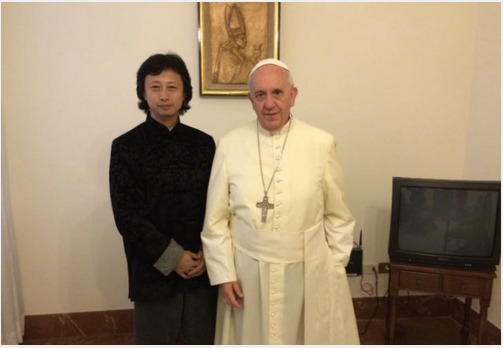
The Pagan Background of Jorge Bergoglio
June 16, 2022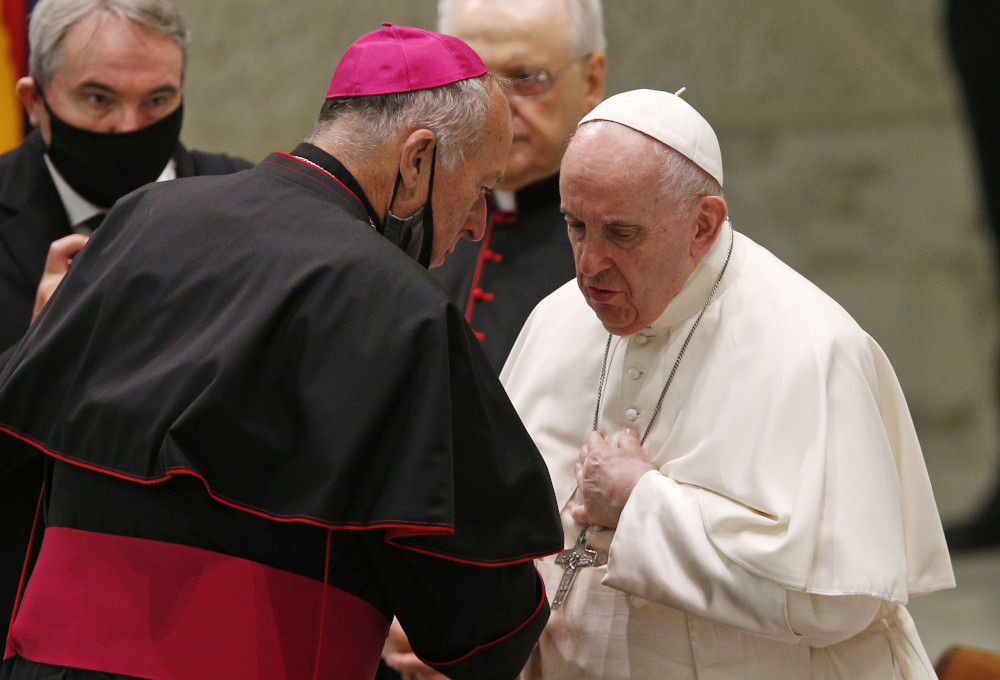
Corrupt Cardinal, Corrupt Pontificate
July 18, 2022The Supreme Court rejected a challenge by Catholic bishops in California Tuesday to a state law allowing the church and other institutions to be sued over accusations of child sexual abuse from many years ago.
Based on evidence that many children are too frightened to report abuse when it happens, California and many other states have passed laws allowing claims to be filed after the usual statute of limitations, the deadline for filing most types of suits.
An initial state law allowed suits in 2003 for earlier claims of sexual abuse of victims who were younger than 18. The Catholic Church said it paid more than $1 billion to settle suits against priests and other church personnel under that law.
State lawmakers sought to lift the deadline again with similar measures in 2013, 2014 and 2018, but then-Gov. Jerry Brown vetoed them all, saying they were unfair to churches and others that had already spent large sums to settle cases filed beyond the normal legal deadlines.
In 2019, however, Gov. Gavin Newsom signed AB218 by then-Assembly Member Lorena Gonzalez, D-San Diego. It allows someone who claims to have been sexually abused before turning 18 to sue the alleged abuser, or the abuser’s employer such as a church or school, until age 40.
That deadline can be extended by as much as five years if an independent mental health practitioner, not the one providing treatment, determines that the individual needed more time to learn the cause of trauma he or she was suffering.
Before 2019, those who claimed abuse as children had until age 26 to sue, a deadline increased by up to three years based on similar findings by a mental health doctor. The new law also provides for triple damages if a defendant has tried to cover up abuse by hiding evidence.
At least 750 suits have been filled against Catholic dioceses around the state under the new law, more than 200 of them in Northern California, according to CalMatters. Suits have also been filled against public and private schools, the Boy
After California courts upheld AB218, a group of Catholic bishops appealed to the Supreme Court. Although the new law authorizes only civil damage suits, the bishops argued that it was actually a punitive measure and violated the
constitutional ban on “ex post facto” laws, those authorizing new punishment for past acts.
In addition to triple damages for cover-ups, the California law authorizes punitive damages for malicious acts and “is clearly punitive in both purpose and effect,” Noel Francisco, a lawyer for the bishops, said in a court filing. Francisco was U.S. solicitor general, the justice department’s top attorney, under President Donald Trump’s administration from 2017 to 2020.
He said Catholic churches paid large sums under the 2003 law, sold some of their property, relied on the expiration of the law and now face “potentially ruinous liability.” The appeal was filed on behalf of nine parishes, including San Francisco, Oakland, San Jose, Santa Rosa and Los Angeles.
The Supreme Court denied review of the appeal without comment. Lawyers who have sued under AB218 said they were pleased but not surprised.
The court, like courts in California, simply refused “to bend the law to protect the Catholic Church corporations from the long-delayed consequences of their decades of secrecy and their abhorrent conduct of protecting and fostering child molesting priests,” attorneys Rick Simons and Holly Boyer said in a statement.
“This is the Roman Catholic bishops’ attempts to shut out victims who have been abused. … Sexual abuse is a life sentence for many,” said attorney Alex Cunny. The case is Roman Catholic Bishop of Oakland et. al. v. Superior Court, 21-1140.

